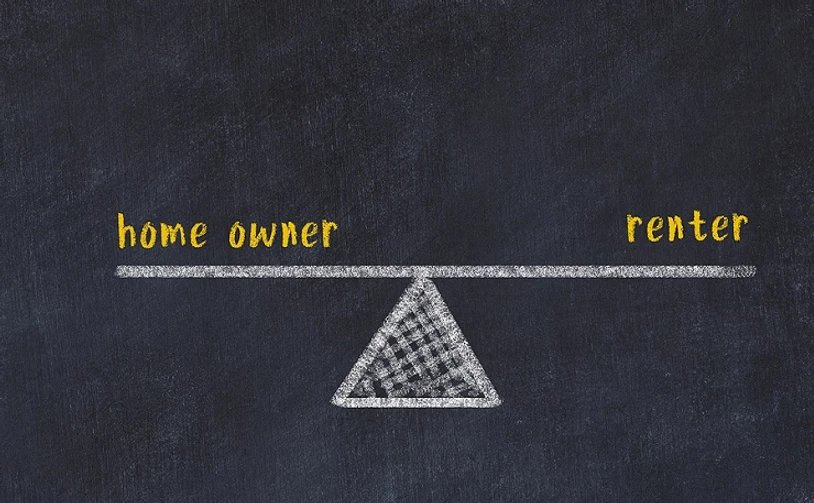Although selling a home is an everyday occurrence, it can involve several complicated steps. Add tenants into the mix, however, and it becomes a tall order. Aside from their emotional needs and the general logistics of the endeavor, several legal issues exist. Let’s examine a few of those legal problems that could surface when selling a home with tenants.
Defining “Proper Notice”
One major roadblock when selling a home with tenants is the tenants. While they might be top-notch individuals, they still abide in the same property you and the homeowners are trying to sell. Naturally, potential buyers will want to view the property — but showings and open houses are undeniably a disruption to tenants.
Knowing the tenant’s rights is a vital step toward transparent communication with them, supporting their needs along this journey as well as the homeowners.’ For example, what is a reasonable timeframe to give notice of a future home showing? Most real estate professionals give a 24-hour heads up and make a point not to show up unannounced.
To get you started knowing a tenant’s rights, the American Apartment Owners Association (AAOA) features a searchable map, including Landlord-Tenant Laws in each state. Additionally, becoming familiar with these regulations will help you develop tenant incentives to advance the sale.
Reviewing Conditions of the Sale
It’s not unheard of for homeowners to sell the property to another landlord without forcing the tenants out. Up to 95% of commercial transactions unfold that way. Briefly, one landlord passes the tenants over to the next one. However, this landlords-selling-to-landlords scenario could get complicated.
Although many landlords follow industry standards, some have vastly different lease terms and handle their business uniquely. Review the sale conditions with all parties, including the real estate professional, homeowner, tenant, and buyer.
Some terms worth mentioning are month-to-month agreements and fixed-term leases. An excellent approach is to have an attorney or legal representative chime in, as well. Disorganized or haphazard sales could result in an array of legal backlash.
Terminating the Lease Early
Despite many tenants being responsible and cooperative individuals, homeowners might wish to sell the home quickly and need the tenants out ASAP. Keep in mind, part of your role as an agent is to educate homeowners about their options.
On the one hand, suppose the tenant only has two or three months left on the lease. The considerate (and savvy) move is for the homeowner to postpone selling the house until after the lease is up. On the other hand, perhaps your client is dealing with a tenant who has repeatedly violated the lease’s terms. This situation might call for early termination.
That said, violating the terms on the lease isn’t the only reason for early termination. Within the legal limits of the lease and tenant laws, the homeowner could very well work out a special arrangement with the tenant, such as:
- Returning security deposit sooner or in full
- “Cash for keys” agreement
- Paying for cleaning services
- Discounted rent
- Offering a positive referral letter
Selling to the Tenant
Lastly, plenty of homeowners work out agreements to sell their property directly to the current tenant. Sometimes this approach is the hassle-free way to go. Your client can bypass listing the property, and they don’t have to stage it, either.
However, real estate professionals still play a vital role in this scenario, drafting the negotiations and closing the deal. As imagined, this arrangement is far more than merely handing over a set of house keys for good. It requires considerations, such as earnest money, contract-for-deed, title work, etc.
No matter how your client decides to move forward with their sale, it’s vital to know your legal exposures. Contact us for more information or with questions about commercial insurance for real estate professionals.


